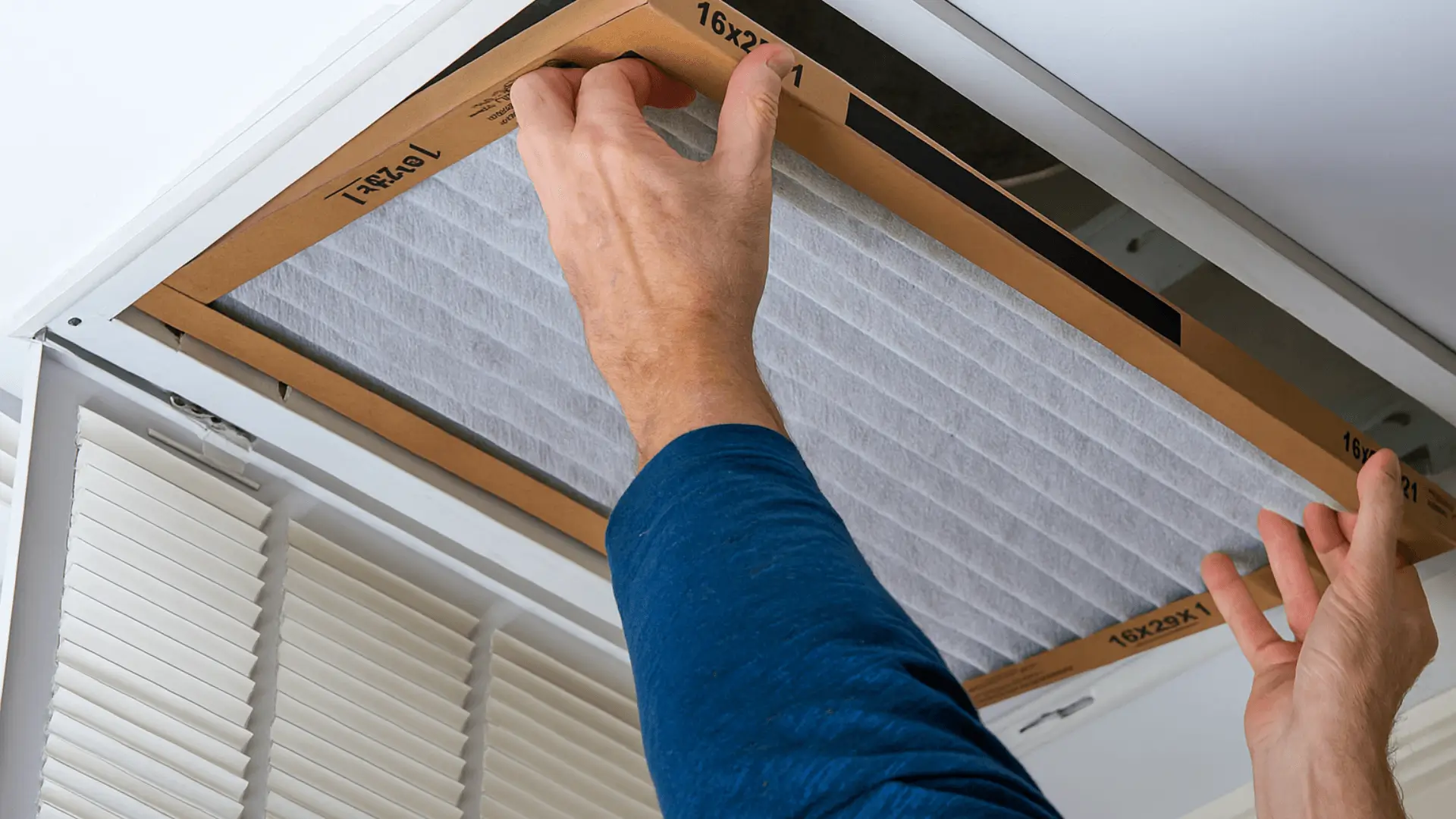Maintaining indoor air quality and ensuring efficient HVAC performance starts with one simple component: the air filter. Despite its small size, the air filter plays a pivotal role in removing dust, pollen, pet dander, and other pollutants from the air in your home. When neglected, a clogged filter can reduce airflow, increase energy costs, and even lead to premature wear of your HVAC system.
One of the most common questions homeowners face is whether it is better to wash reusable filters or replace them entirely. The answer depends on the type of filter, the frequency of HVAC use, environmental conditions, and your long-term goals for efficiency and cost savings.
The Importance of Clean Air Filters
Clean air filters are not just about removing visible dust; they directly impact the health of your HVAC system and the air you breathe. A dirty filter restricts airflow, forcing your system to work harder, which consumes more energy and drives up utility bills. Over time, this added strain can lead to mechanical failures and a shorter overall lifespan for your HVAC system. Moreover, when filters are clogged, indoor air quality suffers, and allergens or mold spores can circulate freely, affecting the comfort and health of your household.
Regular filter maintenance is therefore a critical step not only for energy efficiency but also for creating a safer, cleaner home environment. Neglecting your air filter can lead to serious issues, including reduced airflow, higher energy bills, and poor indoor air quality — read more about the problems caused by a dirty air filter here.
Washing Air Filters: When and How It Works
Not all air filters are designed to be washed. Reusable or electrostatic filters can withstand cleaning, while disposable fiberglass or pleated filters lose their integrity if exposed to water. If your filter is labeled as reusable, washing it can be both cost-effective and environmentally friendly.
To clean a reusable filter, start by turning off your HVAC system. Remove the filter carefully and vacuum loose debris. Rinse it gently with low-pressure water, ensuring the flow moves from the clean side to the dirty side to prevent embedding particles further. A mild detergent can be used if necessary, but harsh chemicals should be avoided. Finally, allow the filter to dry completely before reinstalling it to prevent mold growth. Understanding the key responsibilities of an air filter helps homeowners make informed decisions about maintenance and replacement.
Washing filters can extend their lifespan significantly, reduce waste, and lower costs over time. However, repeated cleaning may gradually reduce efficiency, and improper handling can damage the filter. For these reasons, washing is best suited for homeowners committed to consistent, careful maintenance.
Replacing Air Filters: Reliability and Simplicity
Replacing air filters is a straightforward solution that guarantees optimal performance. Disposable filters are designed to capture dust and debris until they are replaced, after which a new filter restores maximum airflow and filtration capacity.
The frequency of replacement depends on usage, air quality, and the filter type. In homes with pets, smokers, or high dust levels, filters may need replacement every 30 to 45 days. For average households, 60 to 90 days is often sufficient, while less-used or vacation properties may require replacement only every three to six months. During peak HVAC use, such as Las Vegas summers, replacement cycles may need to be shorter.
Regular replacement ensures consistent airflow, maintains indoor air quality, and reduces the risk of system strain. The primary trade-offs are cost and environmental impact, as frequent replacements contribute to waste and ongoing expenses. Determining how often to replace HVAC filters depends on factors such as home environment, pets, and system usage. This detailed guide provides a recommended schedule for all situations.
Choosing Between Washing and Replacing Air Filters
The choice between washing and replacing depends on your specific situation. Washing is ideal for high-quality reusable filters in households where owners are willing to invest the time in proper maintenance. Replacing filters is better for those seeking convenience, consistent performance, or dealing with highly dusty or polluted environments.
While both methods improve HVAC efficiency and air quality, consider the following:
- Budget: Reusable filters require higher upfront costs but save money over time; disposable filters are inexpensive but require frequent purchases.
- Maintenance Commitment: Washing requires effort and diligence; replacing is quick and straightforward.
- Environmental Concerns: Reusable filters reduce waste, whereas disposable filters contribute to landfill accumulation.
- Performance Needs: Replacement ensures consistent filtration efficiency; washing may gradually reduce filter performance.
For homes in Las Vegas and Pahrump, where dust and dry conditions are common, a high-quality disposable filter replaced every 60 days often provides the best balance between efficiency, convenience, and air quality. For those using reusable filters, careful, regular washing can be a sustainable alternative that still maintains performance. While choosing a high-efficiency filter improves air quality, some homeowners worry about how higher-quality air filters affect airflow. This guide explains the balance between filtration and performance.
Extending the Life of Your Air Filters and HVAC System
Regardless of whether you wash or replace filters, taking a few proactive steps can extend both the filters’ and the HVAC system’s lifespan. Choosing the right MERV rating ensures proper filtration without over-restricting airflow. Regular professional inspections and duct cleaning can prevent dust buildup and improve system efficiency. Monitoring humidity levels and keeping vents clean also contribute to better air quality and system performance. Finally, inspecting filters monthly during peak seasons allows timely action before airflow and efficiency are compromised.
Final Thoughts
Deciding between washing or replacing air filters is not a one-size-fits-all choice. Each approach has advantages and trade-offs that should be evaluated based on your system, environment, and priorities. Clean, well-maintained filters are crucial for efficient HVAC operation, lower energy costs, and healthier indoor air.
For homeowners in Las Vegas and Pahrump looking for professional guidance, regular HVAC inspections and filter maintenance can ensure that your system performs at its best year-round. Proper care today prevents costly repairs tomorrow, and keeps your home comfortable, clean, and energy-efficient.
Frequently Asked Questions
Can I wash my HVAC filter instead of replacing it?
Only if the filter is labeled as reusable. Standard disposable filters should never be washed.
How often should I clean or replace my air filter?
Wash reusable filters every 30 to 60 days; replace disposable filters every 1 to 3 months depending on usage and air quality.
Does washing an air filter reduce its performance?
Proper cleaning maintains most of the filter’s efficiency, but improper washing or incomplete drying can reduce performance.
What happens if I neglect filter maintenance?
Clogged filters restrict airflow, increase energy costs, reduce system lifespan, and compromise indoor air quality.









